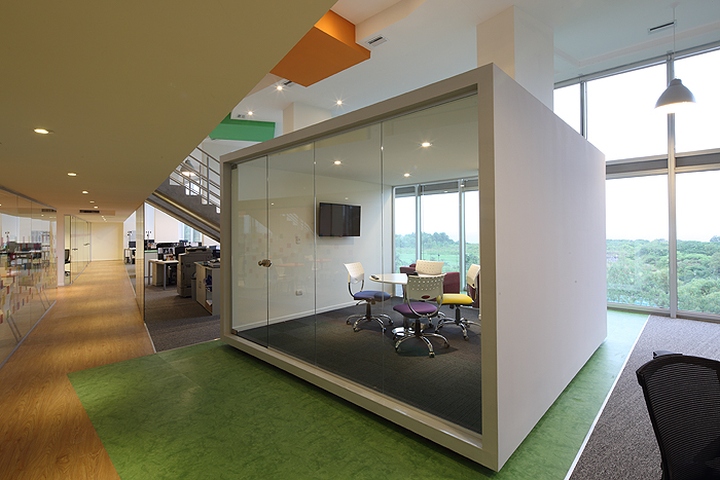How would you feel about a country where the top two ad agencies own half of the industry? Pretty odd, isn't it? Well, that's exactly how it is in Japan, the third largest advertising market in the world (including all disciplines like creative, media, PR, digital, etc.).
Dentsu, the largest ad agency in the country, has its headquarters in a 48 storey skyscraper (plus 5 underground) with 57 elevator shafts (more about the reason for this later). They actually own and occupy the whole building (except for the fancy restaurants and bars in them), to accommodate their six thousand (!) employees working there.
What is so unique about the Japanese ad industry that lets this happen? At the risk of being over-simplified, I would point out three reasons.
Firstly, Dentsu's relationship with the media – it isn't just strong, it's almighty. The question is, how did they gain that power?
The answer goes back to the pre-war days. Dentsu started out as a news wire agency much like Reuters or AP, also handling advertising. Nearing World War II, the government separated the news and advertising functions and Dentsu focused on advertising, helping the government as a propaganda and intelligence arm. Because of this, they had very strong influence over the newspaper companies. After the War was over, Dentsu succeeded in maintaining the relationship with the post-war government too, and hired many ex-politicians more as ‘fixers’ to reinforce relationships, than ad-men. The company was also instrumental in the founding of the radio and TV industry, which further strengthened their position with the media. Shortly after, Dentsu was chosen as the agency of record for the ruling Liberal Democratic Party, which effectively gave them the "license to rule".
However, this by itself does not explain the size of the agency. The second important key to explain its scale is the business custom in Japan where agencies can handle competing advertisers like Toyota, Nissan, Mazda, Honda, all at the same time. This is why the top agencies besides Dentsu are large as well. Why is this possible?
The answer, here again, is "Relationship." Japan is a country which puts huge value on relationships – and the longer, the better. Agencies make every effort to strengthen their ties with their clients, and know that if they leaked any information from their client, the relationship will be over. As long as there was no information breach, working on competing brands was not a problem for clients. Hence, agencies grew by hiring multiple teams for the same product category - the more staff in the agency, the more competitors they could handle. This is one of the reasons why Dentsu has 57 elevator shafts – so that they don’t have competing teams (or clients) bumping into each other.
The third reason for large agencies is the practice of offering a one-stop service. Due to the size and trust that agencies acquired in the earlier days, clients relied on them for many things, including new services. It was easier for clients to ask the same agency for everything they needed, and the agencies were happy to help. With the huge media commission they were getting, they did "everything" to please the client - from PR, sales promotion campaigns to entertaining clients, and even helping them personally move houses.
Although Dentsu is unique for its strong ties with the government, most Japanese agencies work in similar ways. This has been a major barrier for international agencies to make a typically strong presence in this market. Global agencies had difficulties trying to gain critical mass, with their limited clientele and lack of a relationship with the media.
What will happen to the market going forwards? Will international agencies have any chance of growing? I believe they will. With actionable insights and skills in Digital / Social / Mobile becoming more and more important, smaller agencies have the opportunities to compete with their expertise and smartness. The challenge is for them to always stay ahead of the game - as Japanese are known for catching up quickly
Read more from Roth Observatory here.

